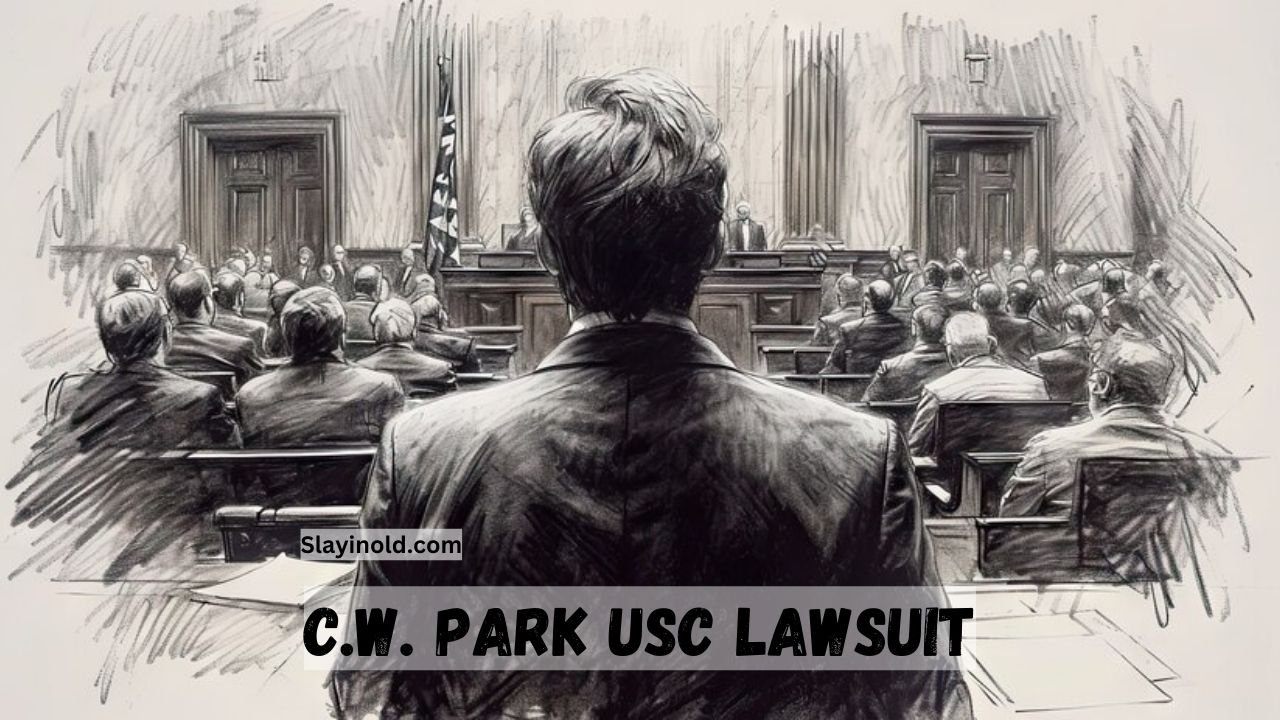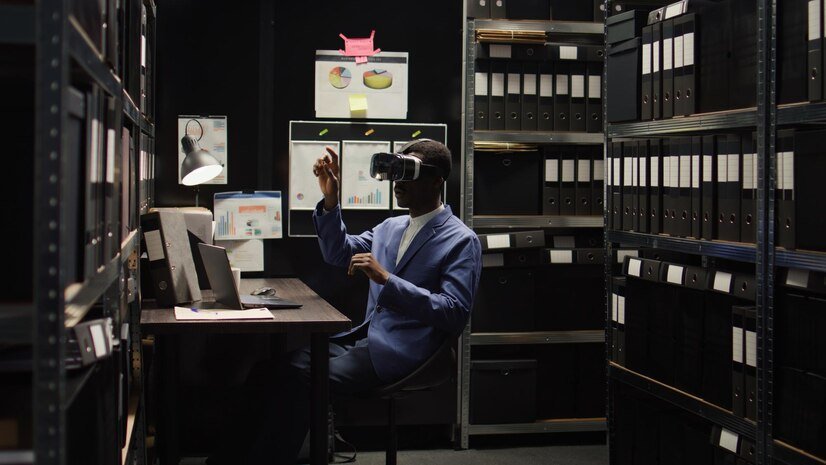The University of Southern California (USC) has found itself embroiled in a lawsuit filed by C.W. Park, a distinguished marketing professor. This high-profile case has garnered significant attention due to the reputations of both parties involved and the allegations that have been brought forward. In this article, we explore the details of the lawsuit, the allegations made by Professor Park, and the potential implications for USC and the academic community.
Background of the Case
C.W. Park is a well-respected professor known for his extensive contributions to the field of marketing. With numerous publications and accolades to his name, Professor Park has been a prominent figure at USC’s Marshall School of Business. However, his relationship with the university has taken a contentious turn, leading to the filing of a lawsuit.
The Allegations
The lawsuit filed by Professor Park includes several serious allegations against USC:
- Discrimination: Professor Park alleges that he has been subjected to discriminatory practices based on his age and national origin. He claims that these discriminatory actions have adversely affected his career progression and working conditions at the university.
- Retaliation: The lawsuit asserts that when Professor Park raised concerns about the discriminatory practices, he faced retaliation from the university administration. This retaliation allegedly included unfavorable work assignments, exclusion from important meetings, and other actions intended to undermine his professional standing.
- Breach of Contract: Professor Park also claims that USC breached its contractual obligations by failing to adhere to the terms of his employment agreement. This includes allegations that the university did not provide the support and resources promised to him.
USC’s Response
USC has responded to the lawsuit by denying the allegations made by Professor Park. The university maintains that it adheres to principles of fairness and equality and that the claims made by Park are unfounded. USC’s legal team has indicated that they will vigorously defend against the lawsuit and that they are confident in the university’s position.
Key Points of Defense
- Commitment to Diversity and Inclusion: USC has emphasized its commitment to fostering a diverse and inclusive environment for all faculty members. The university argues that its policies and practices are designed to support this commitment and that any claims of discrimination are inconsistent with its values.
- Due Process: USC contends that Professor Park’s concerns were addressed through appropriate channels and that due process was followed in handling his complaints. The university asserts that any actions taken were justified and in accordance with its policies.
- Performance and Evaluation: USC may also argue that any decisions regarding Professor Park’s assignments and career progression were based on legitimate performance evaluations and not on discriminatory or retaliatory motives.
Potential Implications
The outcome of this lawsuit could have significant implications for both Professor Park and USC. For Park, a favorable ruling could vindicate his claims and potentially lead to compensation for damages suffered. It could also set a precedent for how similar cases are handled in the future.
For USC, the lawsuit poses potential reputational risks. A ruling against the university could raise questions about its commitment to diversity and inclusion and its handling of faculty concerns. It could also lead to changes in policies and practices to prevent similar issues from arising.
Impact on the Academic Community
Beyond the immediate parties involved, this lawsuit highlights broader issues within the academic community, including:
- Discrimination and Retaliation: The case brings attention to the challenges that faculty members may face regarding discrimination and retaliation, prompting other institutions to review their own practices and policies.
- Contractual Obligations: The breach of contract allegations underscore the importance of universities adhering to employment agreements and ensuring that faculty members receive the support and resources promised to them.
- Faculty Rights: The lawsuit could serve as a catalyst for discussions about faculty rights and the need for transparent and fair processes in addressing grievances.
Conclusion
The lawsuit filed by C.W. Park against the University of Southern California is a significant and complex case that raises important questions about discrimination, retaliation, and contractual obligations within the academic community. As the legal proceedings unfold, the case will be closely watched by educators, administrators, and legal experts alike. The outcome could have far-reaching implications for USC and the broader landscape of higher education, potentially driving changes that enhance fairness and equity for all faculty members.











